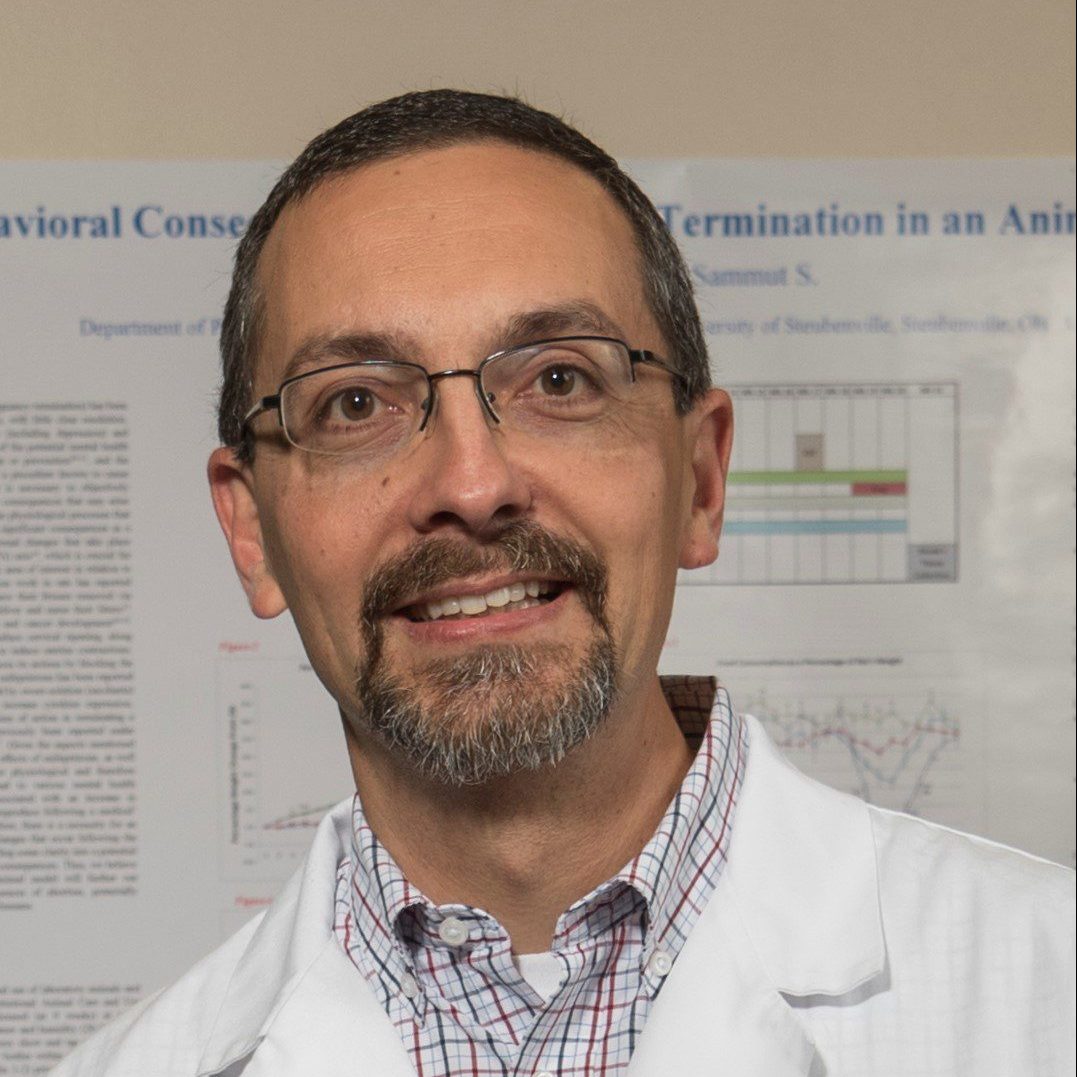Investigating pregnancy termination in an animal model
Background: Approximately 20% of all pregnancies in the U.S. end in abortion. The health implications of abortion on women continues to be a source of heated debate. Various health concerns have been reported, short- and long-term. These include both physiological (e.g. increased risk of cancer) and psychological effects (e.g. increased risk of mood disorders (including depression), anxiety, substance abuse, and suicide) on women who have undergone an abortion.
Given the seriousness of the potential mental health and physical consequences, and the difficulty of treating them if they occur, it is necessary to appropriately investigate these potential links to the abortion procedure. Unlike many other situations in medicine, there has not been any objective pre-clinical investigation of the potential serious physiological consequences of the termination of a viable pregnancy. Given the complex changes in the body associated with pregnancy, it is impossible to expect that terminating a viable pregnancy is without its consequences.
Goal of our project: While there are clear differences between animals and humans, there are many similarities in the physiology, neurology, neurophysiology and the resulting behaviors (e.g. in stress). Animal models provide the scientist with a comparative approach to address various questions (e.g. depression, schizophrenia, etc.), at various levels (e.g. behavioral, neurophysiological, molecular, etc.), in a significantly more controlled environment, independently of potential social, moral and other influences. Thus, the goal of this project is to investigate drug-induced abortion from various angles in an animal model (a laboratory rat).
This project involves multiple steps. The first part of the work has been published (Part I below). The second part (Part 2) is currently in progress:
1. Development of an Animal Model of Drug-Induced Pregnancy Termination
Goal of this study: The goal of this study was to develop a pre-clinical model of the potential biological, physiological and behavioral consequences of drug-induced abortion in an animal model (a laboratory rat).
Our model utilizes established scientific parameters considered to be indicators of the physiological and behavioral changes associated with depression- and anxiety-like behavior and stress, including rat body weight, food intake, vaginal impedance, sucrose consumption/preference, locomotor activity, home-cage activity, forced swim test, and oxidative balance measures.
Given the role of animal models in assisting in our understanding of the biobehavioral mechanisms underlying human brain function and behavior, the established animal model described in our study provides insight into the potential consequences of abortion in humans and a foundation for further pre-clinical research on the topic of abortion.
This aspect of the research (the establishment of the model) has now been published: Biological, Behavioral and Physiological Consequences of Drug-Induced Pregnancy Termination at First-Trimester Human Equivalent in an Animal Model (https://www.frontiersin.org/articles/10.3389/fnins.2019.00544/full)
2. Abortion-Pill Reversal
Background: Our previous work (Camilleri et al., 2019) reported negative behavioral (anxiety- and depression-like) consequences, as well as long-term physiological changes associated with drug-induced pregnancy termination at first-trimester human equivalent in a rat model.
Goal of this study: Having established the behavioral model for chemically-induced abortion and given:
- the nature (duress) under which many induced abortions take place,
- the clinical reports (Delgado and Davenport, 2012; Delgado et al., 2018) confirming the possibility of utilizing progesterone to reverse an abortion following the administration of mifepristone, and
- the potential for improving the current reversal methodology…
…this research seeks to build on the previously established model of drug-induced abortion to create a model of progesterone-mediated reversal of mifepristone-induced abortion (abortion-pill reversal) that will provide a pre-clinical model allowing for the investigation of various aspects associated with the procedure.












